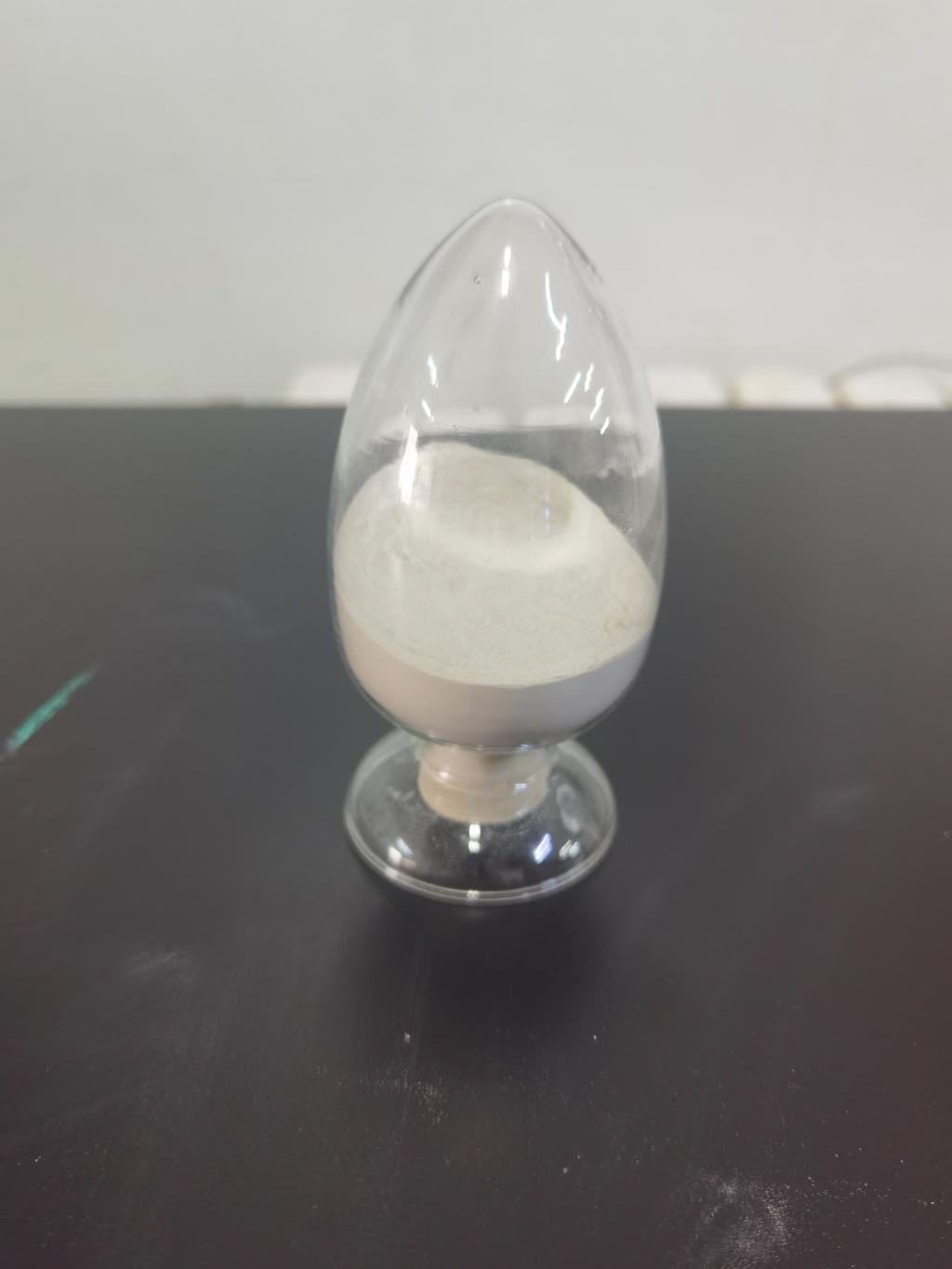Tel:+8618231198596

News
 CONTACT
CONTACT
 CONTACT
CONTACT
- Linkman:Linda Yao
- Tel: +8618231198596
- Email:linda.yao@dcpharma.cn
- Linkman:CHARLES.WANG
- Department:Overseas
- Tel: 0086 0311-85537378 0086 0311-85539701
News
Current Position:
Home >
News
>Nisin's Influence on Food Safety Certification Standards: Setting the Bar Higher
Nisin's Influence on Food Safety Certification Standards: Setting the Bar Higher
TIME:2024-03-05
Nisin: A Natural Antimicrobial Pioneer:
Nisin, derived from the bacterium Lactococcus lactis, has emerged as a pioneer in the realm of natural antimicrobial agents. Its ability to inhibit the growth of spoilage and pathogenic bacteria, combined with its natural origin, positions Nisin as a sought-after solution for enhancing food safety without resorting to synthetic preservatives. As a peptide, Nisin holds the promise of revolutionizing the way we approach food safety certification.
Evolving Landscape of Food Safety Certification:
Food safety certification standards, such as the Global Food Safety Initiative (GFSI) benchmarks and certifications like Safe Quality Food (SQF) and the British Retail Consortium (BRC) standard, have become integral in ensuring the safety and quality of food products. These standards provide a framework for manufacturers to demonstrate compliance with rigorous safety protocols, and their evolution reflects the dynamic nature of the food industry.
Nisin's Impact on Certification Processes:
a. Natural and Clean Label Movement: Nisin's natural origin aligns seamlessly with the growing consumer preference for clean-label products. Its incorporation into food safety protocols enhances the industry's ability to meet the demands of consumers seeking transparent and minimally processed food options.
b. Reducing Reliance on Synthetic Preservatives: The antimicrobial properties of Nisin offer a viable alternative to synthetic preservatives. As the food industry seeks to minimize the use of artificial additives, the integration of Nisin into food safety measures allows for effective preservation while meeting the evolving expectations of consumers.
c. Strengthening Microbial Control Measures: Certification standards emphasize the importance of microbial control in food processing. Nisin's role in inhibiting bacterial growth addresses this requirement, providing an additional layer of protection against foodborne pathogens and spoilage microorganisms.
Benefits of Nisin Integration in Food Safety Certification:
a. Enhanced Shelf Life and Reduced Waste: Nisin's antimicrobial efficacy contributes to extending the shelf life of food products. This, in turn, reduces food waste by minimizing the need for premature disposal due to spoilage, aligning with sustainability goals.
b. Compliance with Clean-Label Trends: The incorporation of Nisin allows food manufacturers to enhance their products' safety without compromising on clean-label trends. This dual benefit appeals to consumers seeking both safety assurances and a more natural ingredient profile.
c. Global Acceptance and Standardization: As Nisin gains recognition for its safety and efficacy, its inclusion in food safety certification standards fosters global acceptance and standardization. This helps create a consistent framework for food safety practices across international markets.
Challenges and Considerations:
a. Regulatory Approval and Harmonization: The integration of Nisin into food safety certification standards requires regulatory approval and harmonization across regions. Ensuring consistency in regulatory frameworks is essential for widespread acceptance and adoption.
b. Cost Considerations: While Nisin presents numerous benefits, the initial costs associated with its integration, including research, development, and implementation, may pose challenges for some food manufacturers. A thorough cost-benefit analysis is necessary to assess the long-term advantages.
c. Consumer Education and Perception: Communicating the safety and benefits of Nisin to consumers is crucial for acceptance. Food manufacturers need to invest in consumer education to address potential misconceptions and build confidence in the use of Nisin in food safety.
Future Implications and Innovations:
a. Synergies with Emerging Technologies: Nisin's integration with emerging technologies, such as blockchain and IoT, can further enhance traceability and transparency in the food supply chain. This synergy could lead to a more interconnected and secure system for ensuring food safety.
b. Collaboration for Industry Advancement: Collaborative efforts between the food industry, regulatory bodies, and research institutions are essential for advancing the integration of Nisin into food safety certification standards. This cooperation can drive innovation, address challenges, and promote the adoption of best practices.
c. Continued Research and Development: Ongoing research and development in the field of natural antimicrobials, including Nisin, will contribute to refining its applications and expanding its use in diverse food products. Continued innovation will ensure that Nisin remains at the forefront of enhancing food safety standards.
Conclusion:
Nisin's influence on food safety certification standards marks a transformative shift toward natural and effective antimicrobial solutions. By setting a higher bar for safety and quality, Nisin addresses the evolving landscape of consumer preferences and regulatory requirements. As the industry continues to embrace natural alternatives, the integration of Nisin into food safety protocols not only ensures the safety of our food but also reflects a commitment to sustainable and transparent practices. The ongoing collaboration between stakeholders and advancements in research will further propel Nisin's role in shaping the future of food safety certification.
- Tel:+8618231198596
- Whatsapp:18231198596
- Chat With Skype







